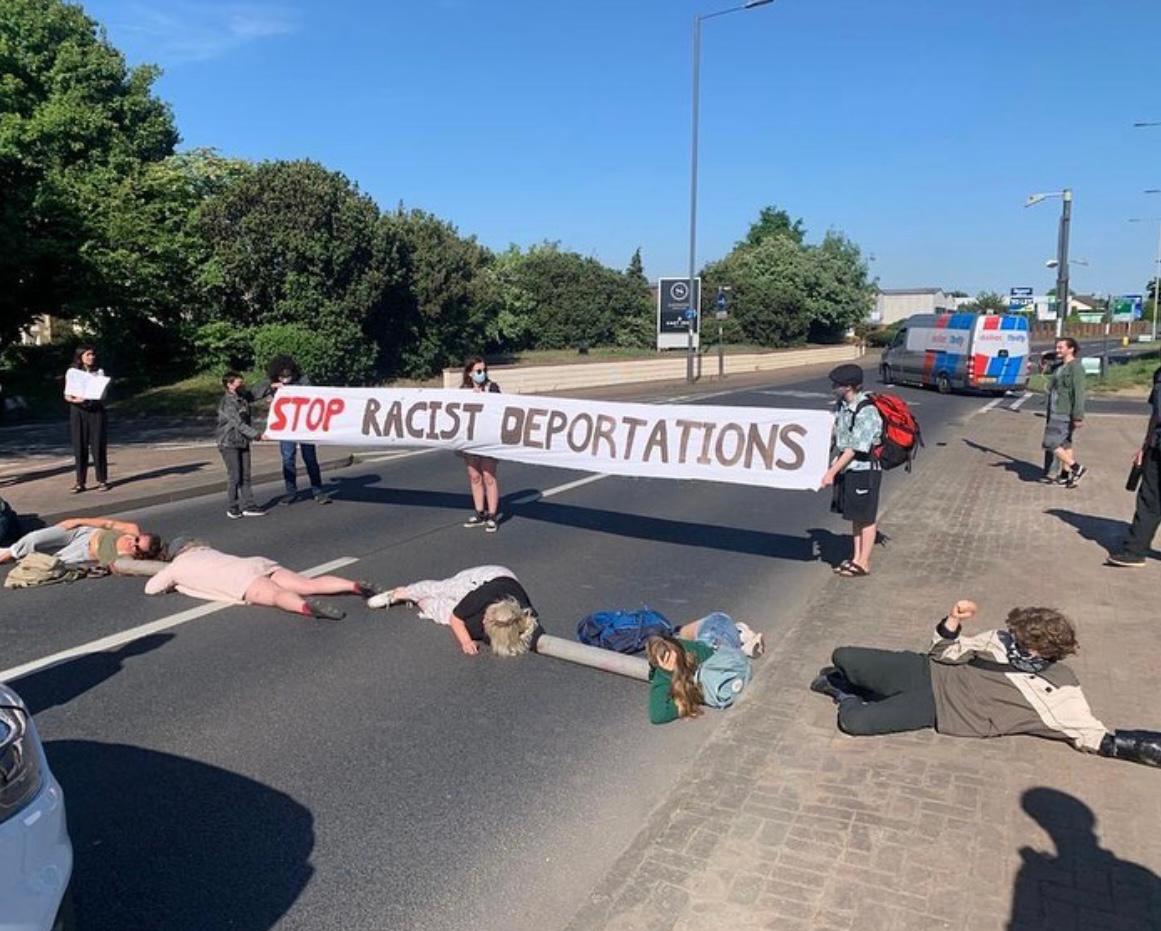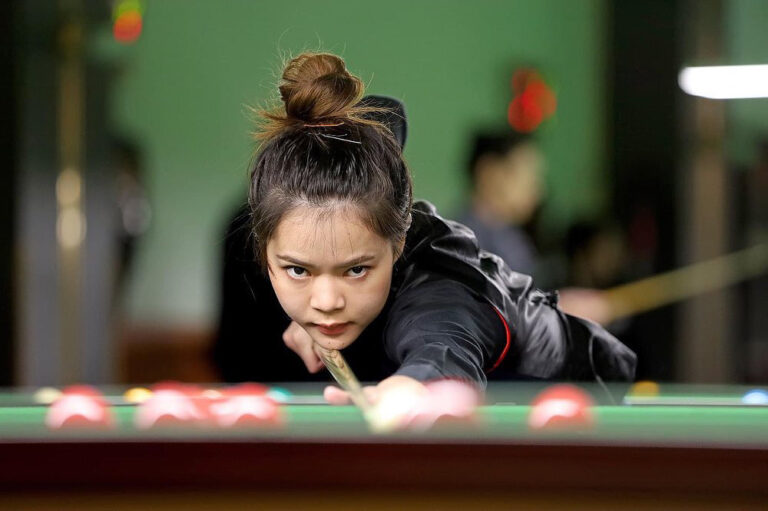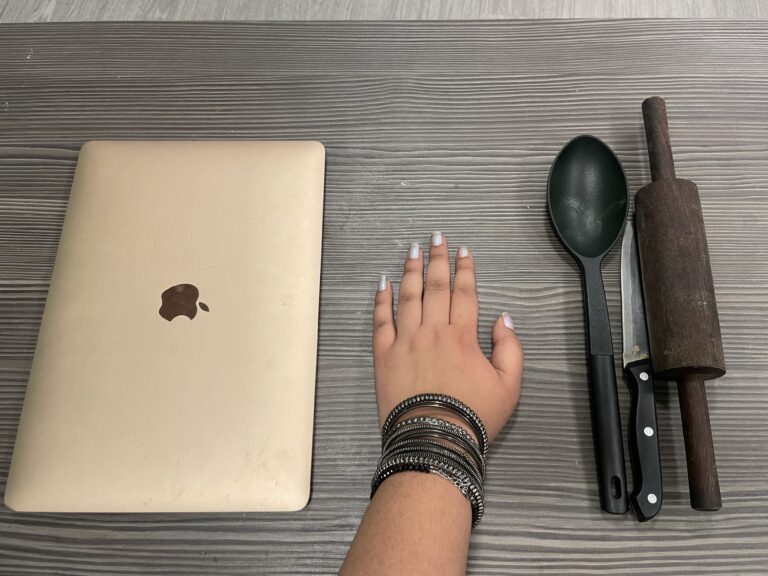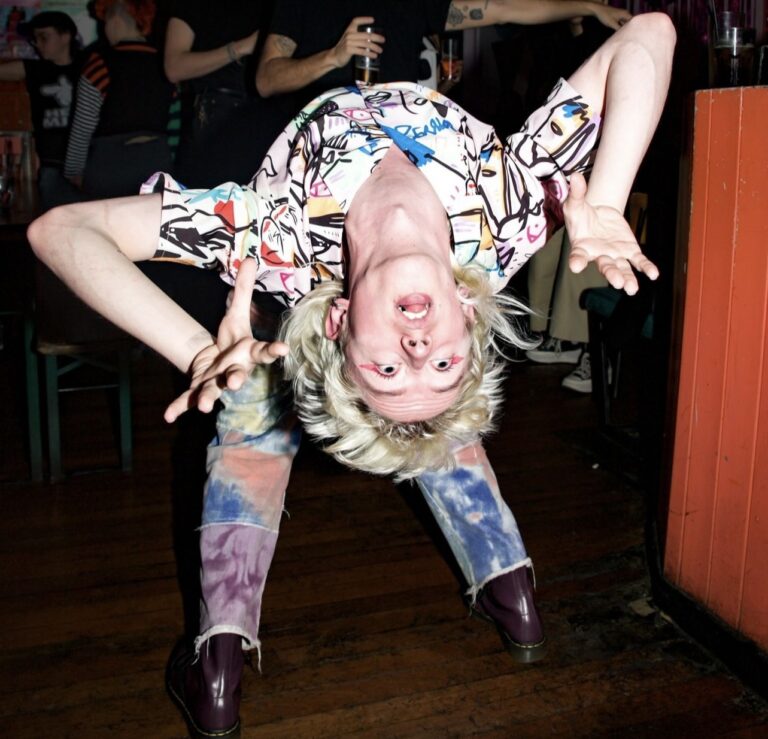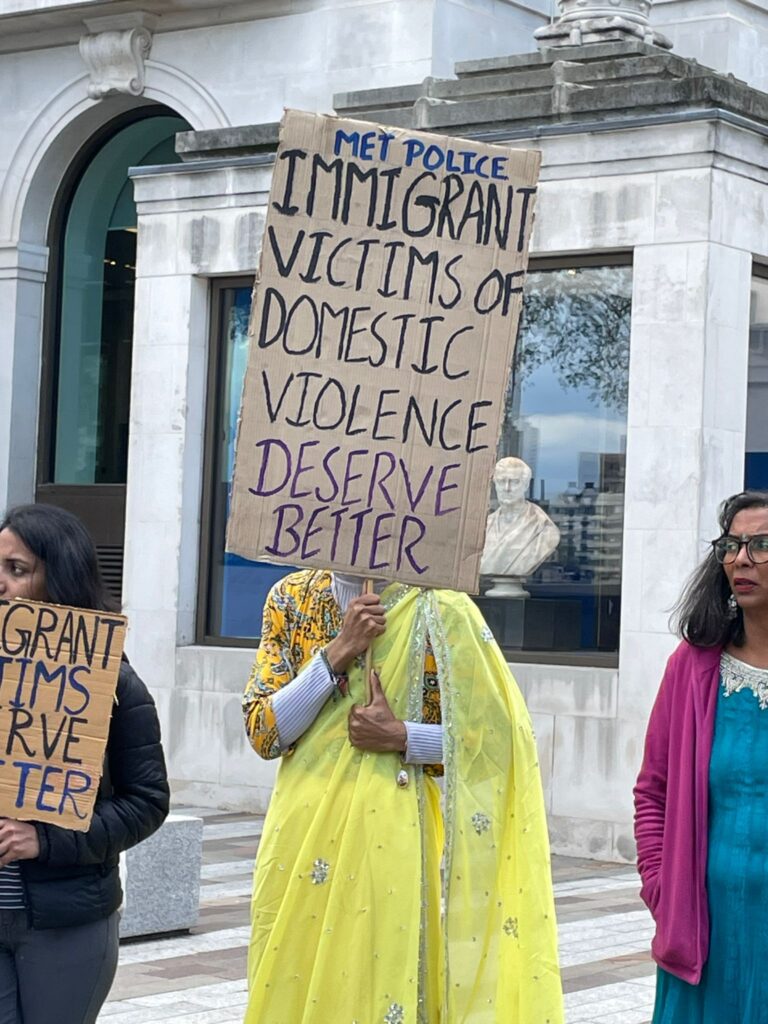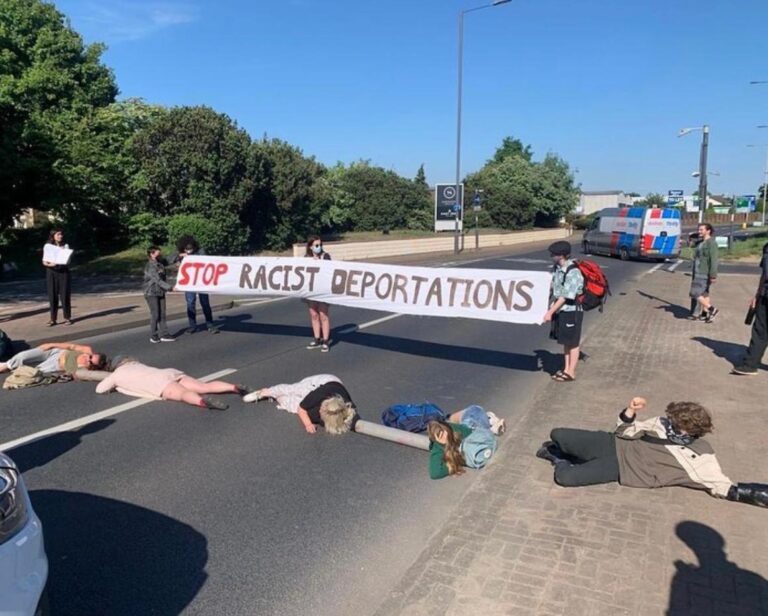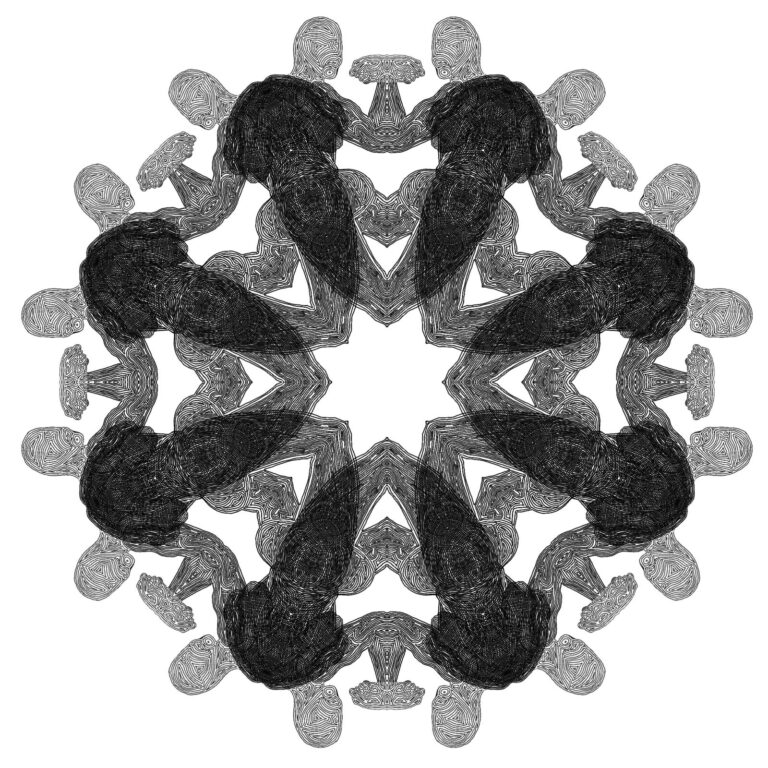In a café on an industrial estate in South London’s Bermondsey, the sound of electronic music fills the air. Young people from many different backgrounds are gathered here ﹘ chatting, laughing, and protesting. This is Dance Against Deportations.
It’s a club night with a difference, where young people use the power of music and community to raise awareness and funds for a local group fighting against deportation. In this space, the power of dance, music and community converge to create an atmosphere that is energetic and empowering.
In November 2021, a group of protestors successfully disrupted a flight to deport 50 people to Jamaica. As a result of this action, three protestors, known as the Brook House Three, were charged with causing a public nuisance and aggravated trespass.
Rather than being deterred by this, the group has continued to raise funds for local groups that help stop deportation and immigration raids.
Their commitment to raising funds is not merely an act of financial solidarity but, they say, a profound expression of defiance against a system that seeks to silence their voices.
The event was started by ‘Watcha’ a 25-year-old non-binary DJ, who was driven by a deep rooted desire to protest. They wanted to create a space where young people could come together and connect whilst protesting the cause.
On the night, a diverse line-up of DJ’s took to the stage. Most of them were queer people of colour, amplifying the event’s commitment to inclusivity and representation, and to centering the voices of marginalised communities.
Watcha describes the event as: “Creating spaces of joy, solidarity and energising each other to keep resisting”.
In an era marked by divisive rhetoric and oppressive policies, protesting is often misconstrued as an outlet for anger or causing trouble to incite violence. Dance Against Deportations wants to project a different message ﹘that It is about power and unity, expressing discontent and advocating for justice in whatever way suited. In this case, it’s about challenging the injustices faced by those targeted by deportation.
Danielle Jones*, 26, who attended the event says: “I think that if people were doing the thing they love most whilst protesting, more people would get involved. It’s about bringing people together.”
The number of community-led, grassroots groups to resist immigration raids has grown in recent years, not just in London but also in Manchester, Leeds and Glasgow. Initiatives like Dance for Deportations are a part of this growing movement. By infusing passion, creativity, and community into the act of protest, Dance Against Deportations seeks to break down barriers and invite more individuals to engage in activism. They were among those attending a rally to support the Block House Three during their trial at Lewes Crown Court last month.
A spokesperson for SOAS Detainee Support said: “The three blockaders should be praised, not prosecuted, for taking direct action to prevent a racist charter flight. Deportations destroy lives, tear families apart, and instil fear into our communities. Acts of resistance and solidarity will only become more urgent and necessary.”
The movement’s commitment to raising awareness, challenging systemic injustices, and fostering solidarity extends far beyond the boundaries of a café. By daring to dance and disrupt, they pave the way for a future where people are not defined by their immigration status but by their humanity and rights.
Danielle Jones* is a fake name given
